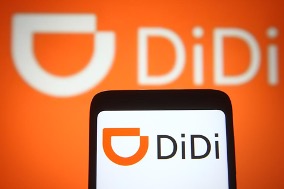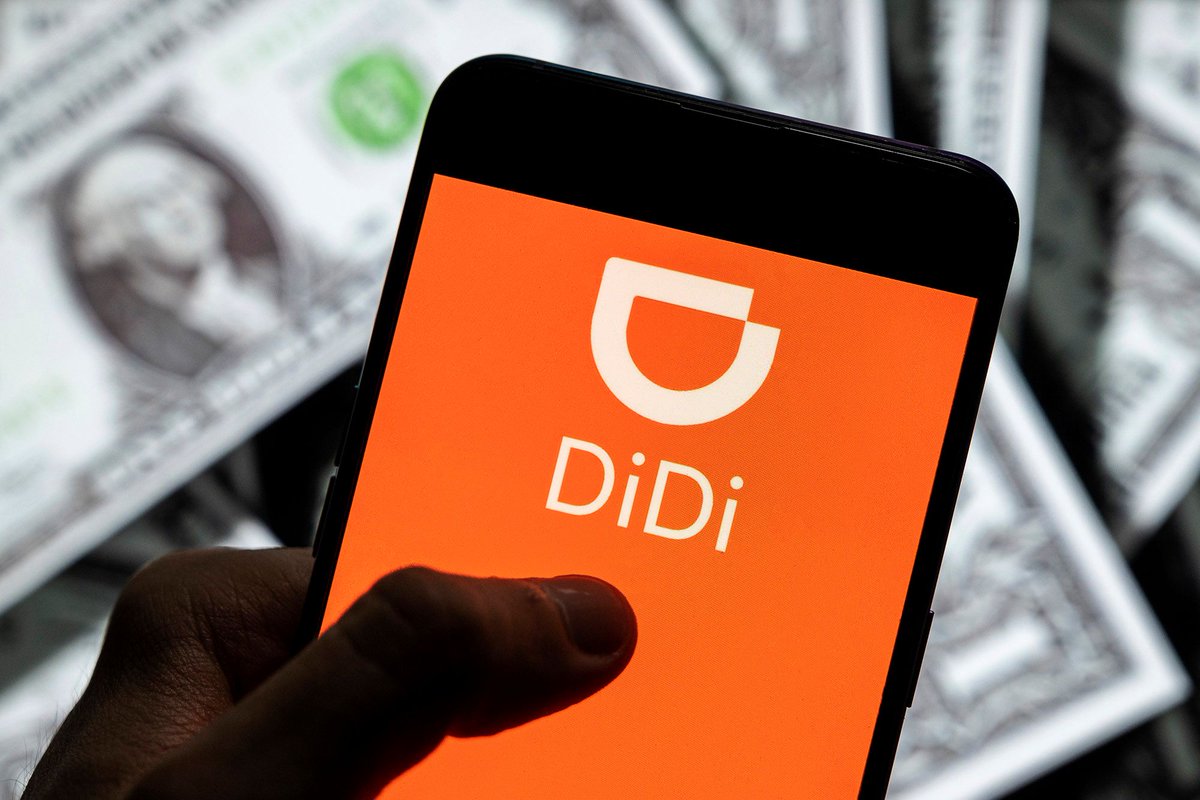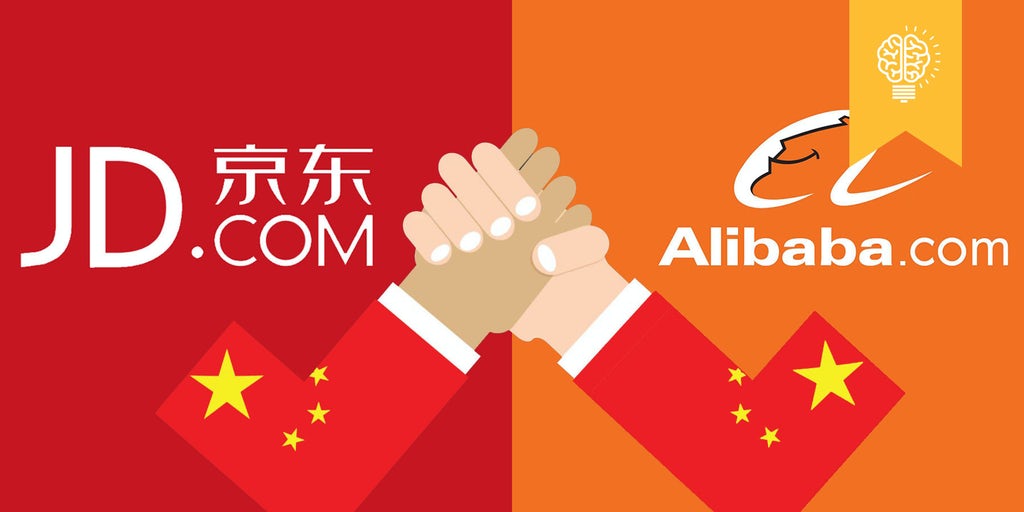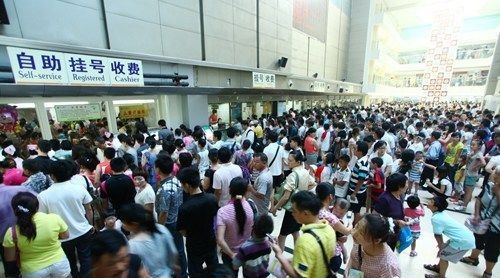
A thread on some of my thoughts on 'China Political Risks' and why I think it may be overblown.
Because of the crackdown of $DIDI and previously on Ant financials of $BABA, people has been worrying about more Chinese crackdowns on Chinese big tech companies.
I personally believes that China is not going to just crackdown their biggest and best tech companies for no reason. I am of this opinion because China wants to keep growing (and maybe become the 'top' country in the world either intentionally or not)
There's not a reason for China to shot at their own foot by cracking down on their best companies for no reason and hinder their own growth and competitiveness in the overseas market.
Except for two reasons; (1) the company enjoys an unfair monopoly or obtain its monopoly with an unfair way or (2) there has been a serious breach by the company on things such as national security or data security concern.
I have an analogy, the US government knowing that they might be in a 'tech war' with China, is not going to just crack down $GOOG or $FB, because that would be hindering US's competitiveness. I argue that its similar for the Chinese government and companies.
I would argue that Ant financials was crackdown because there was some regulatory concerns and about whether Ant was playing with leverage too much and may cause a debt/financial crisis for China if not well handled.
However, I am also of the opinion that Jack Ma and his comments do come into play and China being the majority player of Chinese banks (which are affected by Ant financials) also affected the decision.
Both regulatory concerns and 'Jack Ma or China concern' likely played a role in the Ant financial crackdown, and its hard to just blame one reason and to overlook the other one.
As for $DIDI recently, $DIDI was stopped from signing up new users because of cyberspace investigation and data security concerns. $DIDI also had an monopoly, which the Chinese government may not want to see.
According to some Chinese sources, the Chinese government has also warned $DIDI to fixed some data security issues before they go public, but $DIDI ignore the advice and go public anyways.
It is hard for me to say that the Chinese government just made up a 'data security concern' and want to crackdown $DIDI for the sake of it, given these evidence.
For both Ant financials and $DIDI's crackdown, i believe both a 'real concern (data/national security)' and a 'concern by the Chinese government (just don't want $DIDI to be too powerful)' comes into play.
It is hard for me to just say, the Chinese government just want to crackdown on them for no reason and make up some excuses to do so.
I hope that whenever a 'China political concern/risks' is brought forward, you can think about these questions:
'Why does the Chinese government want to crack the company down? Is there any benefits or concerns for the Chinese government to do so?'
'Why does the Chinese government want to crack the company down? Is there any benefits or concerns for the Chinese government to do so?'
If it is hard to come up with a valid reason of crackdown, maybe it is true that there's actually a potential national security or data concern, but not the common thought of 'the Chinese government just want to crack down Chinese companies'.
Because at the end of the day, why crackdown just for the sake of it and hindering your own economic growth and competitiveness if you are the Chinese government, who wants to drive economic growth for China while knowing that these big tech companies are key drivers for growth?
I by no means want to defend the China government, and some of their actions. I just want to raise some of my own observations and opinions.
I personally was born in Hong Kong, lived there for 5 years and later lived in Taiwan for 10 years. My girlfriend and a lot of my friends are mainland Chinese, so I always want to try to formulate an objective view on this type of issues.
If you have any contrary thoughts, please leave it down below! I am happy to discuss and want to constantly challenge and correct my own thinking as well. Hope this may help some of us handling through this 'Chinese political risks concern'. Thanks!
Would really like to know some of your opinions!
Thank you very much!
@DennisHong17
@daniel_toloko
@EugeneNg_VCap
@jablamsky
@ruima
@lillianmli
@Matematikern3
@Couch_Investor
@BuyandHoldd
Thank you very much!
@DennisHong17
@daniel_toloko
@EugeneNg_VCap
@jablamsky
@ruima
@lillianmli
@Matematikern3
@Couch_Investor
@BuyandHoldd
• • •
Missing some Tweet in this thread? You can try to
force a refresh















